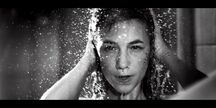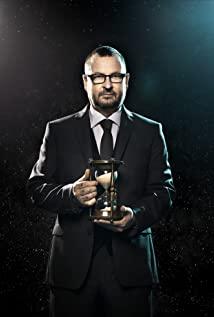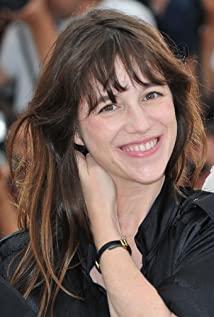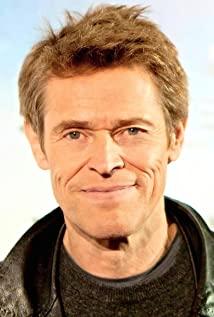Many people regard the heroine as a witch, but it is not so exaggerated. In fact, she was not involved in any witchcraft at all, even if the witch-like pictures in the attic were actually records of history. The complexity of the film makes it difficult for me to write anything systematically, because the director, as a film critic, has his ideas closely tied to profound theories. For example, a question I still have doubts about is, how does the Christian cut into the film? Where does the entire film relate to Christianity?
At least in my intuition, the director hopes to use this film to criticize the current feminist trend of thought. The heroine is a typical image of a feminist obsessive, and such an image can be seen everywhere in postmodern today. Two major misunderstandings have shaped obsessive feminism: an oversensitivity to male dominance and an overemphasis on women's inferiority. As the heroine shows, she resists all kinds of psychotherapy with her husband, and this resistance is not technical, not theoretical, but emotional, or emotional. She is full of resistance, violence and retaliation against such a male hegemony, even the hegemony of sex. Moreover, the heroine's pursuit of women's power is based on the slaughter of women in history. As a member of the former victim group, she will always over-identify with the fact of being victimized, and will not hesitate to turn violently against male characters, even if the other party is his own husband. The morbid feminist obsessives are on full display.
In fact, I am a feminist myself, a defender of women's rights. But we've also seen that when feminism is improperly built on the wrong foundation, it can have horrific explosive results. Like a cultural revolution, a revolution that violently denounced all men. This is a path that all rational feminists don't want to see, but it is a road that a large number of so-called feminists are practicing.
View more about Antichrist reviews










